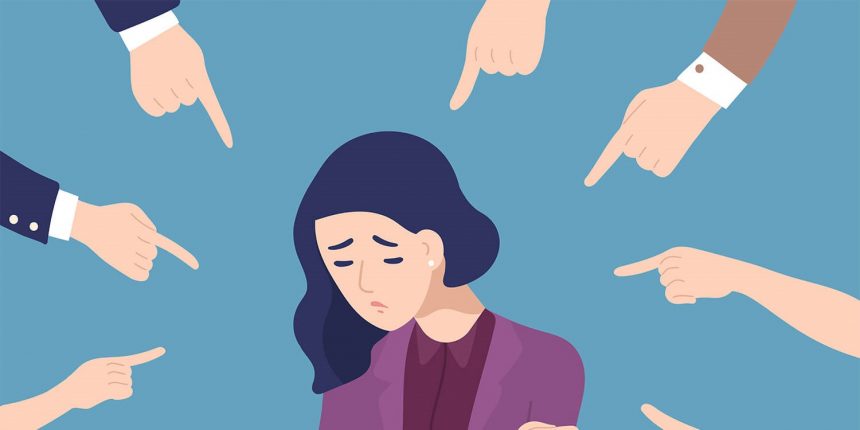Dr. Alan Leavens
Nate stopped on the way home for “one quick drink.” Two hours later he walked through the door to see his wife standing there. Before she could say a word, Nate lashed out at her about the messy house, the loud television, and the fact that dinner was apparently not ready. He then stalked off, leaving his wife fuming and somewhat bewildered.
Ever since the accident that killed his sister, Graham had been been tormented by nightmares. He saw his sister lying in her hospital bed while voices around him chanted: ‘You should have done something, you should have, should have...’ The persistent images eventually drove Graham to a suicide attempt.
What’s happening here? Although situations and reactions vary widely, Nate’s and Graham’s actions were motivated by the same force—guilt. Guilt, shame and conscience are related concepts, but there are differences. Our conscience is the set of values or beliefs to which we adhere. Freud called it the superego; others may call it the voice in our head that often sounds suspiciously like our parents. Guilt is the regret or pain we experience when we act counter to what we believe. Guilt is produced by what we do, while we feel shame about who we are.
Anything that provokes anxiety or rage can produce guilty feelings. Most of us are taught in childhood that anger is wrong. Thus, when we feel angry, we also may feel guilty for having angry thoughts. We have a strong need to be loved and accepted. When we aren’t, we become anxious and feel guilty about some action (real or imagined) that we may have done to cause the rejection.
Guilty feelings often lead to chronic worrying, self-sabotage, and other negative behavior, even though we may not be aware that we feel guilty. We may yell at our spouse, for example, not realizing that we are actually feeling guilty about not being home more. But not all guilt is bad. Without guilt, we would be unable to develop the conscience that allows us to adhere to societal rules. However, overwhelming or unconscious guilt can be disabling if left unaddressed.
No one is completely free of guilt, but there are steps you can take to reduce or manage excessive guilt. First, you must acknowledge your feelings. You may have to unlearn what you were taught as a child. It’s okay to feel angry, upset, jealous, or scared. They are natural human responses to stressful situations. Let go of past “misdeeds” that you continue to feel guilty about. If you have hurt someone, apologize to them and then move on. Forgiving yourself and letting go of your guilt is a gift not only to yourself, but to everyone around you as well. We often feel guilty when we fail to live up to expectations. Unreasonable expectations set you up to fail and feel guilty. By learning to place reasonable demands on yourself you reduce failure and any subsequent guilt.
Alan Leavens PhD, is a California licensed Clinical Psychologist, living and working in SMA. For questions or concerns that you wish him to address, please email: aleavens@drleavens.com

